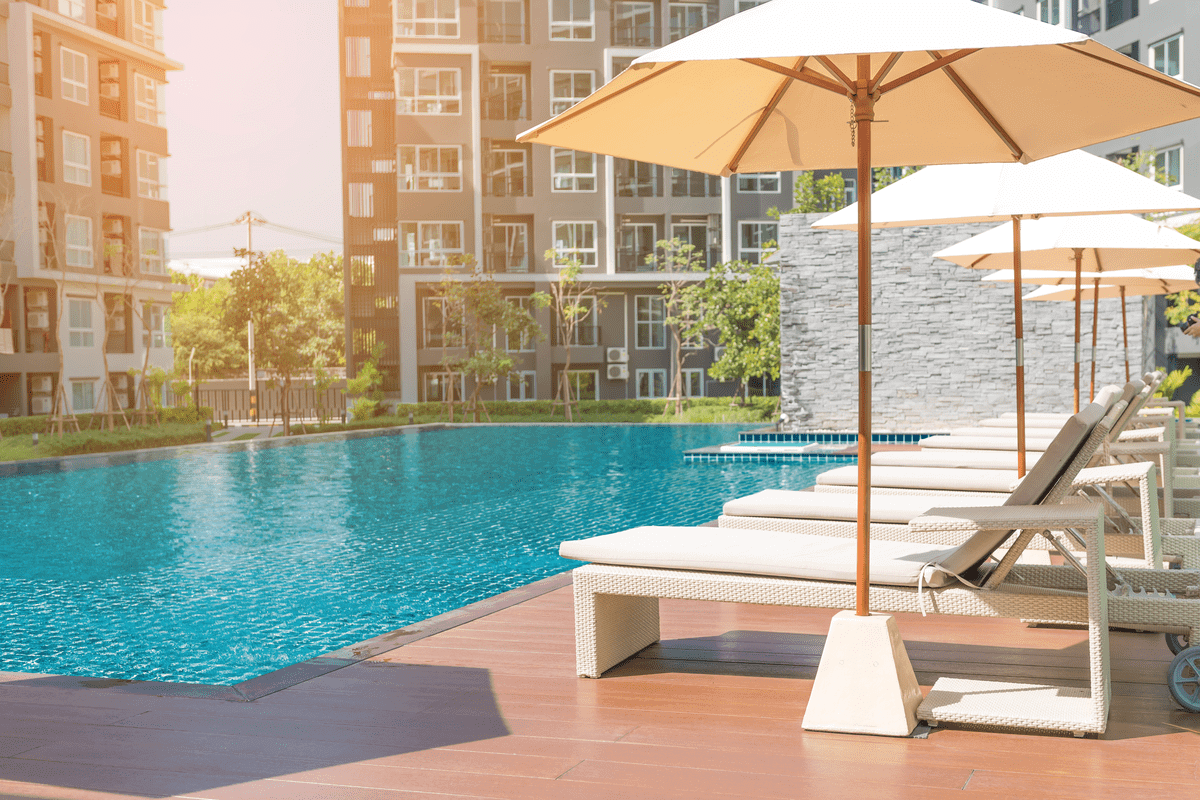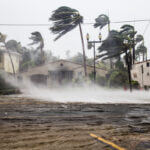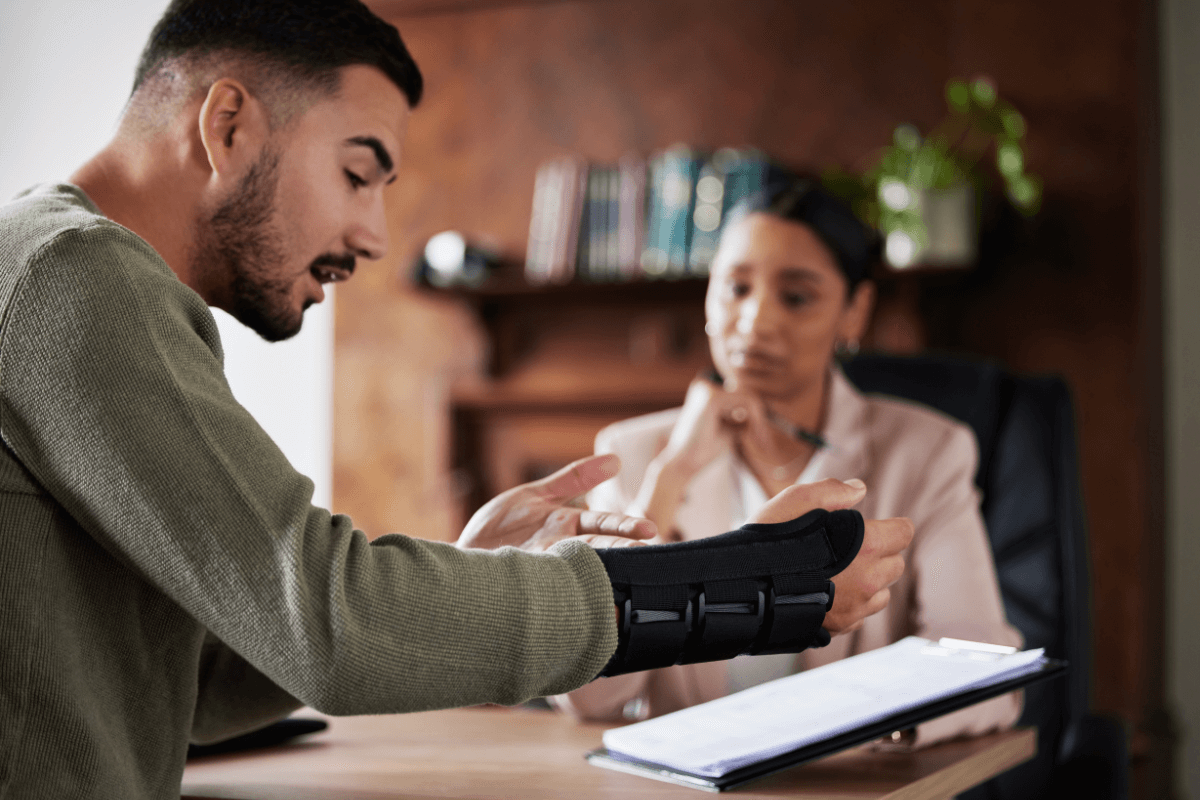
Associate at AKD Lawyers
Practice Areas: Personal Injury, Property Damage, Insurance Bad Faith Claims, Breaches of Contracts, Employer-Employee Disputes

People love swimming pools and use them for fitness, fun, and relaxation. For example, according to 2020 statistics, New Orleans had 4.9 pools per 100,000 residents. In addition, many hotels take great pride in their pools, which are a favorite guest amenity. However, hotel guests are often unaware of the risks of pools. Whether it occurs in a private, public, or hotel pool, drowning is a primary cause of unintentional injury deaths, responsible for approximately ten deaths per day.
Common hotel pool injuries
Drowning is the third leading cause of death from unintentional injuries in Louisiana. Near-drowning is the last stage before fatal drowning. It may result in oxygen deprivation, affecting brain function and requiring immediate medical attention. A variety of accidents can occur in and around hotel pools. Diving accidents may cause brain injuries and neck and spinal cord injuries. In addition to drowning and near-drowning, some of the most common pool accidents can result in:
- Bruises and lacerations
- Sprains and fractures
- Broken bones
Negligence
Hotels owe a legal duty of care to their guests. Therefore, if a guest is injured or killed because of a breach of the hotel’s duty, the hotel may be liable. Liability exists when a hotel, its employees, or other business entity, such as those who designed or installed the pool, engage in negligent conduct. Negligence is “a failure to behave with the level of care that someone of ordinary prudence would have exercised under the same circumstances.” In some cases, an omission, or failure to act when there is a duty to do so, can be negligence.
Hotel swimming pool negligence
A study published in the American Journal of Public Health reports that hotel/motel pools accounted for 54% of the public pool drownings. Therefore, hotels must maintain safe, sanitary pool areas. To help keep pool users safe, the hotel must post swimming pool rules, water depth, and warning signs in the pool area. In the event of an accident, hotels and resorts can be held liable for injuries to hotel guests. The hotel may also be liable for any negligent acts of hotel employees. Regarding swimming pools, examples of negligence may include:
- Improper use of pool cleaning solutions can lead to painful chemical burn injuries. In addition, chlorine may cause various nervous system diseases, respiratory deaths, and heart defects.
- Unrestricted access for children
- Inadequate pool maintenance. Defective pool lights, filters, vacuums, and pumps can give swimmers an electric shock.
- Failing to repair hazardous pool defects, such as defective suction systems. Suction entrapment can hold a swimmer underwater until they drown, despite rescue efforts.
- Missing safety equipment
- Dangerous or defective pool ladders or diving boards
- Improperly trained or screened pool lifeguards and staff
- Failing to post warning signs if a lifeguard is not on duty.
- Failing to remove glass or other hazards from the bottom of the pool.
- Poor pool lighting
- Maintaining the area around the pool and removing any hazards
Types of swimming pool injury claims
Depending on circumstances, the injured party may also file a claim based on the legal theories of product liability or premises liability.
Products must meet the ordinary expectations of the consumer. Product liability claims hold a manufacturer or seller liable for placing a flawed or defective product into the hands of a consumer. All sellers of a defective product in the distribution chain are responsible for injuries caused by the defect. For example, in the case of a hotel swimming pool, if someone was injured due to a defect in the pool, or pool equipment, the injured person may file a claim against the manufacturers, retailers, or distributors of the defective equipment.
Premises liability law refers to holding a property owner liable for accidents or injuries on their property caused by unsafe conditions. For example, the hotel may be liable for a premises liability claim if a pool is not fenced or supervised correctly, lacks adequate safety equipment, or fails to warn of potential hazards.
Swimming in a pool with no lifeguard on duty may be considered an assumption of risk. However, age is an important factor, and a child may not have the maturity to understand the potential risk. Most hotels post warning signs, but if warning signs are not clear, adequate, and conspicuously posted, the pool owner may still be at fault.
Steps to take after a hotel pool accident
Most people check into a hotel to relax and enjoy the facilities, especially the pool. The last thing they expect is an accident. Here are some steps to take in the aftermath of an injury.
- Request medical care. Some injuries do not become apparent right away. Seeking medical care protects your health and provides a record of your injury if you pursue legal action.
- Report the accident to hotel staff, preferably a manager—note who takes the report and obtain a copy of any written report of the incident.
- Collect the contact information of any eyewitnesses.
- If possible, take pictures or videos of the scene of the accident, including any hazardous conditions. Do not post photos or comments about the accident on social media until you have consulted an attorney.
- Note any video cameras in the area that may have recorded the accident.
- Keep copies of any documents related to your medical care, medical expenses, and other financial losses.
- Consult your attorney before signing any releases or accepting any settlement offers.
Compensation for hotel swimming pool accidents
Swimming pool accidents can result in catastrophic injuries. Compensation for injuries may include:
- Medical expenses. This includes expenses for current and future medical care.
- Lost wages. The injured person may be temporarily or permanently unable to work or may be unable to continue in their chosen career.
- Pain and suffering.
- Emotional distress and mental anguish.
- Punitive damages. In cases of extreme negligence, a judge may award punitive damages.
Statute of limitations
A statute of limitations is a law that places a deadline on certain types of legal actions, such as a personal injury lawsuit. In most cases, the limitation period is determined by a specific event, such as an injury’s date. These deadlines differ depending on the type of claim and other factors, such as the injured party’s age. Therefore, it is crucial to consult an attorney as soon as possible concerning the applicable deadline.
Understanding the nuances of personal injury law is essential, especially when determining the validity of a claim. For instance, the concept of comparative negligence plays a pivotal role in many cases, affecting the outcome and compensation. Similarly, injuries can vary in severity, with some leading to long-term effects, such as traumatic brain injuries.
It’s essential to recognize what constitutes a valid personal injury claim to ensure you’re adequately represented. If the injury occurred at the workplace, seeking advice from workplace accident attorneys can be invaluable. Moreover, staying updated with the latest legal advice can empower individuals to make informed decisions.
Hotel swimming pool injuries can be catastrophic and, in some cases, fatal. If you or someone you love has been injured at a hotel swimming pool, you should speak with an experienced personal injury attorney to discuss your legal options. For more information or a free consultation, call Alvendia Kelly & Demarest at (504) 618-1624 or contact us online.
Categories
- Bicycle Accidents
- Car Accident
- Case results
- Class Action
- Community Aid
- COVID-19
- Fun
- General
- Hard Rock Lawsuits
- Holiday
- Insurance Claims
- Legal Advice
- Mardi Gras Accident Attorney
- Mass Tort
- Medical
- Motorcycle Accident
- Personal Injury
- Practices
- Premise Liability
- Recent News
- Safety
- Truck Accidents
- Uncategorized
- Weather
- Work-Related Accident

In 2003, after being dissatisfied with the quality of legal care for victims of car accidents, Roderick ‘Rico’ Alvendia sought to establish a new firm focused on providing high-quality legal services to aid injured victims and their families. J. Bart Kelly, sharing Rico’s passion for upholding justice, joined the firm later that year, and established a partnership.






